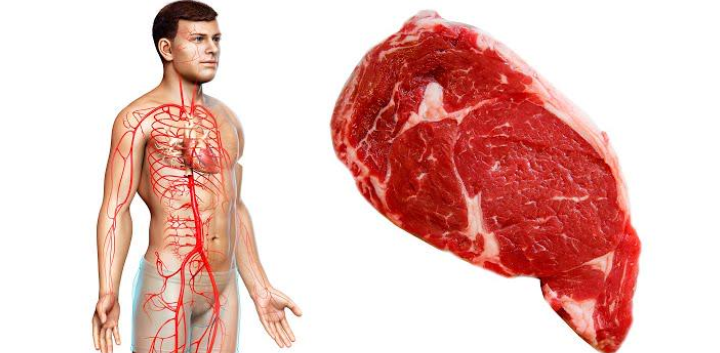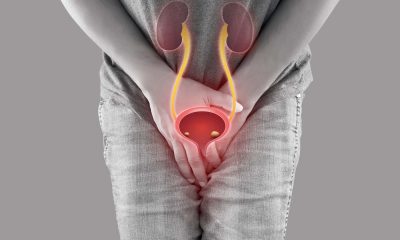- Excessive red meat consumption can cause digestive issues and health complications.
- Symptoms include heartburn, fatigue, joint pain, and elevated cholesterol levels.
- Experts recommend reducing intake, monitoring symptoms, and seeking medical advice.
Red meat can be a flavorful and nutrient-rich addition to your diet, but excessive consumption or ignoring your body’s signals may harm your health.
EDITOR’S PICKS
Here are key warning signs that you may need to reduce or eliminate red meat from your meals complied by EKO HOT BLOG:
1. Digestive Discomfort
Experiencing bloating, stomach pain, or constipation after eating red meat could indicate your body is having difficulty digesting it. This is often due to its high fat content or the complexity of breaking down its proteins.
2. Frequent Heartburn
The high fat content in red meat can trigger acid reflux or exacerbate heartburn. If you notice a burning sensation in your chest after meals, it might be a sign to limit your intake.
3. Joint Pain or Inflammation
Excessive red meat consumption can increase inflammation due to purines, which elevate uric acid levels. This is particularly concerning for individuals with gout or arthritis.
4. Unexplained Fatigue
Feeling unusually tired after consuming red meat might suggest your body is overworking to digest it. Poor digestion or intolerance can sap your energy, leaving you feeling drained.
5. Elevated Cholesterol Levels
If blood tests show high cholesterol, cutting back on red meat could help. Its saturated fat content is a known contributor to cardiovascular health risks.
6. Skin Problems
Skin issues such as acne, rashes, or inflammation may stem from dietary triggers, including red meat. Consuming fatty or processed meats can worsen skin conditions.
7. High Blood Pressure
Processed red meats, often high in sodium and saturated fats, can contribute to elevated blood pressure. Monitoring your intake could help maintain healthier levels.
8. Unexplained Weight Gain
Regularly consuming fatty cuts of red meat can lead to excess calorie intake and weight gain. Reassessing portion sizes and frequency can prevent this issue.
9. Bad Breath or Body Odor
Persistent bad breath or an unpleasant body odor after eating red meat may suggest incomplete digestion. This can lead to toxin buildup in your system.

Signs Your Body May Be Struggling With Red Meat
What to Do Next
1. Cut Back on Red Meat
Switch to leaner protein sources like fish, chicken, legumes, or plant-based alternatives.
2. Monitor Symptoms
Keep a journal of how your body responds when you reduce red meat in your diet.
3. Consult a Healthcare Professional
If symptoms persist, seek medical advice to identify or rule out underlying conditions.
Listening to your body’s signals and making dietary adjustments can go a long way in maintaining overall health and preventing long-term complications.
FURTHER READING



















